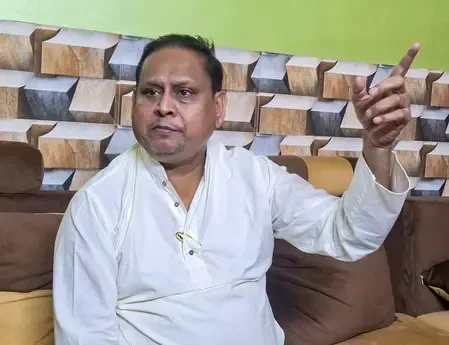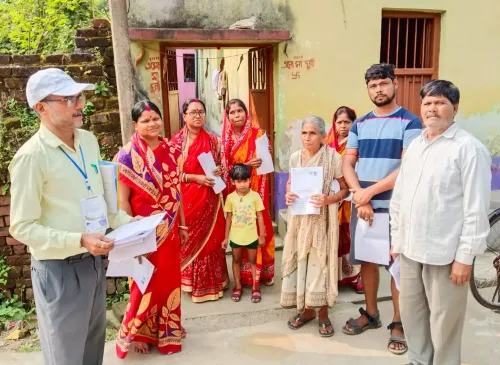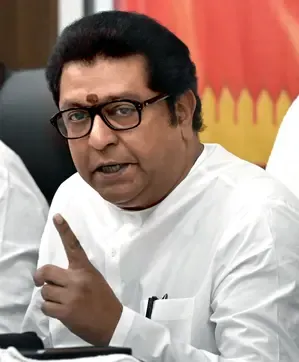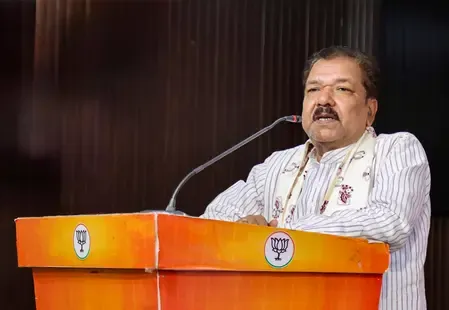Is the Choice of Banu Mushtaq for Dussehra Inauguration Controversial?
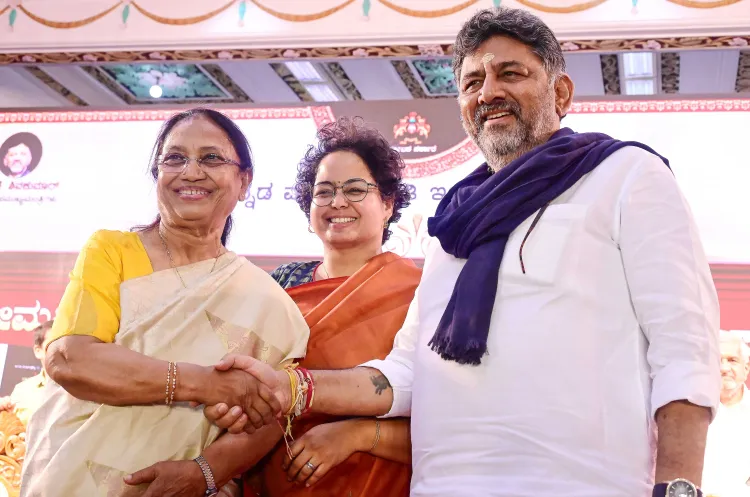
Synopsis
Key Takeaways
- Banu Mushtaq's inauguration of Dussehra is contentious.
- The Karnataka government defends its inclusive approach.
- Opposition focuses on cultural representation and tradition.
- The Supreme Court's decision could set a significant precedent.
- Public sentiment is divided on the issue.
New Delhi, Sep 18 (NationPress) A 2-judge bench of the Supreme Court is scheduled to hear a petition this Friday that seeks to halt the Congress-led Karnataka government's decision to have Booker Prize winner Banu Mushtaq inaugurate the renowned Dussehra festival in Mysuru. According to the causelist on the apex court's website, Justices Vikram Nath and Sandeep Mehta will address this matter on September 19.
Earlier today, Chief Justice of India (CJI) B.R. Gavai consented to list the special leave petition (SLP) for an urgent hearing on Friday.
The SLP challenges the Karnataka High Court's dismissal of the public interest litigations (PILs) questioning the state government's decision to invite Banu Mushtaq for the Dussehra inauguration.
Traditionally, floral tributes are offered to Goddess Chamundeshwari during the Dussehra inauguration, and there has been considerable opposition to Banu Mushtaq being given this honor.
A Karnataka HC bench led by Chief Justice Vibhu Bakhru and Justice C.M. Joshi stated on September 15 that no rights had been infringed upon.
They also pointed out that the Vijaya Dashami festival is celebrated nationwide, symbolizing the triumph of good over evil.
The petitioners labeled the decision to have Banu Mushtaq inaugurate Dussehra as “incorrect,” citing her alleged anti-Hindu statements and derogatory remarks about the Kannada language.
Reports suggest that Banu Mushtaq made controversial statements against Goddess Bhuvaneshwari and the Kannada flag, which features haldi (yellow) and red (sindoor) colors.
One PIL, filed by Bengaluru resident H.S. Gourav, requested that the inauguration of Dussehra be recognized as a vital component of Hindu tradition and that it should be performed by Hindu dignitaries.
Nonetheless, the Karnataka government is steadfast in its decision to have Banu Mushtaq inaugurate the festival, asserting that Dussehra is a 'Nada Habba' (festival of the land) rather than strictly a religious event. Deputy Chief Minister D.K. Shivakumar further fueled the controversy by stating that Chamundi Hills does not belong solely to Hindus.


